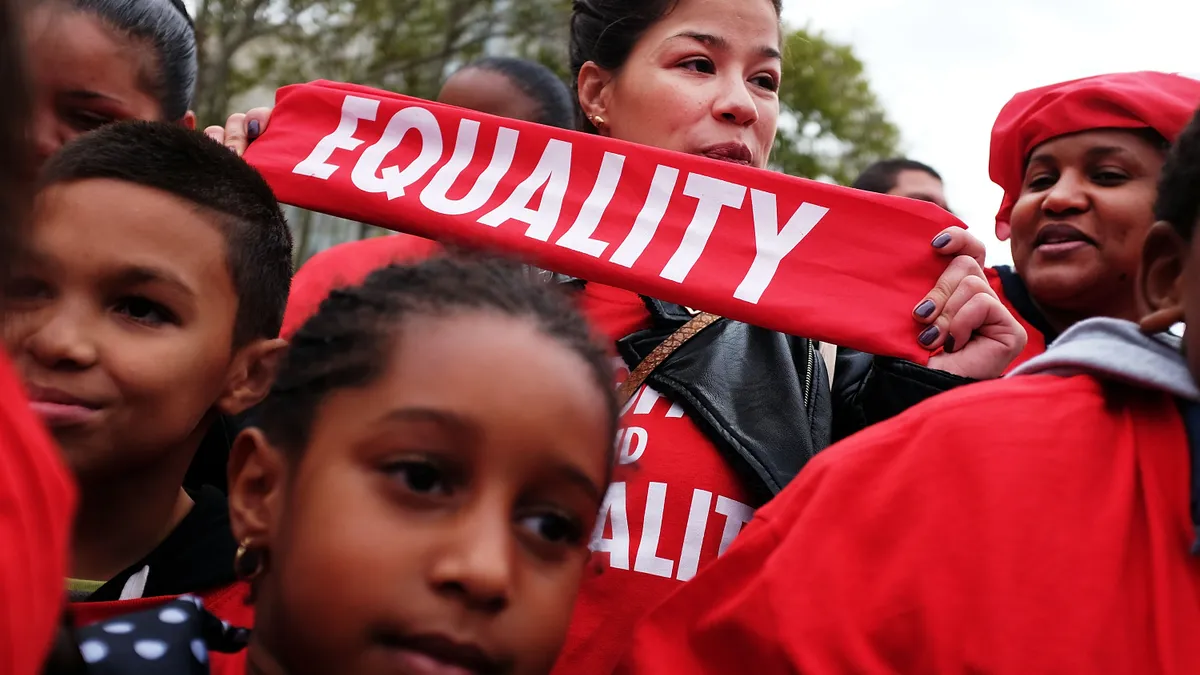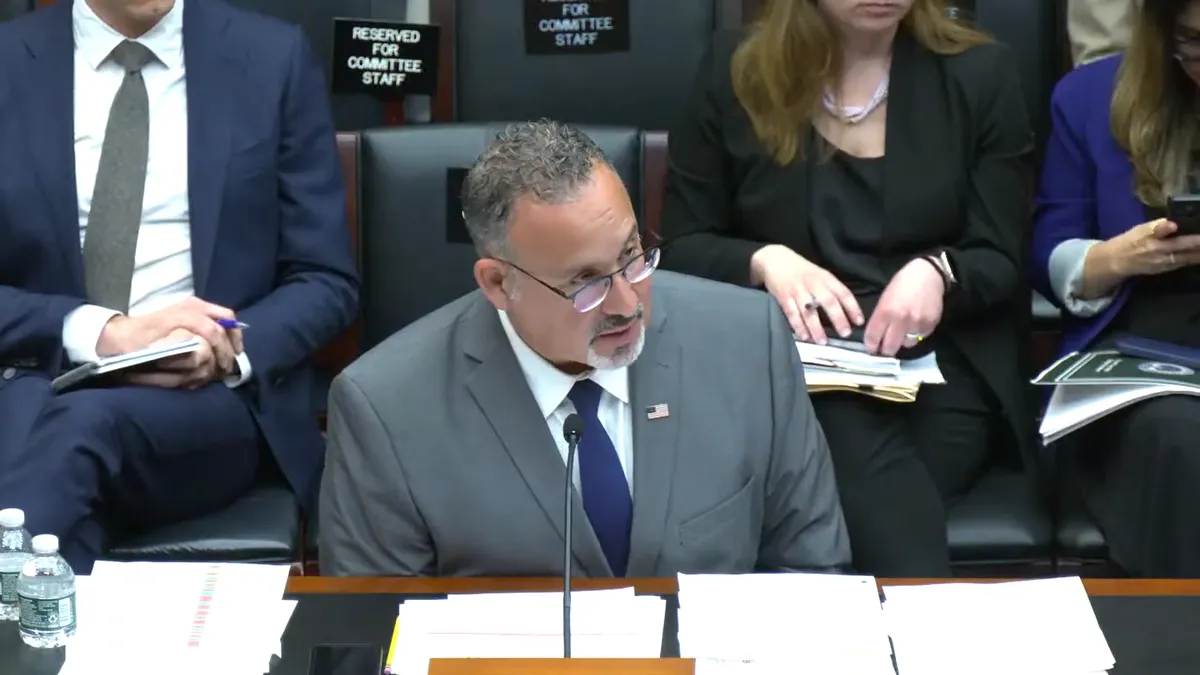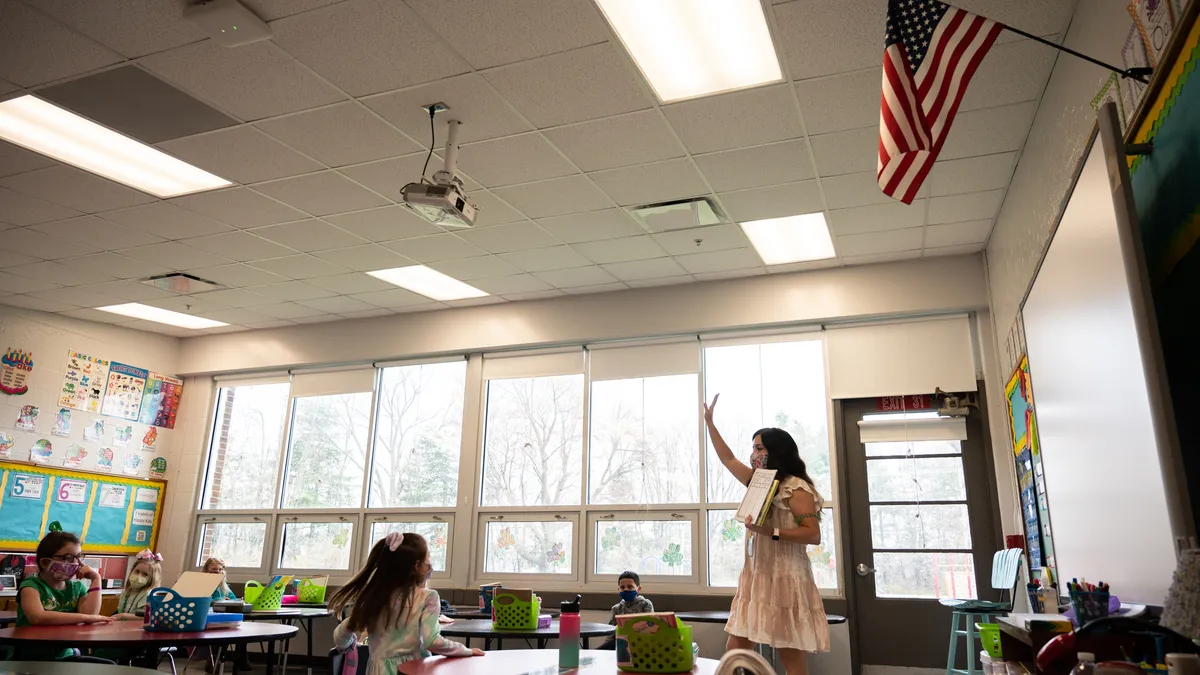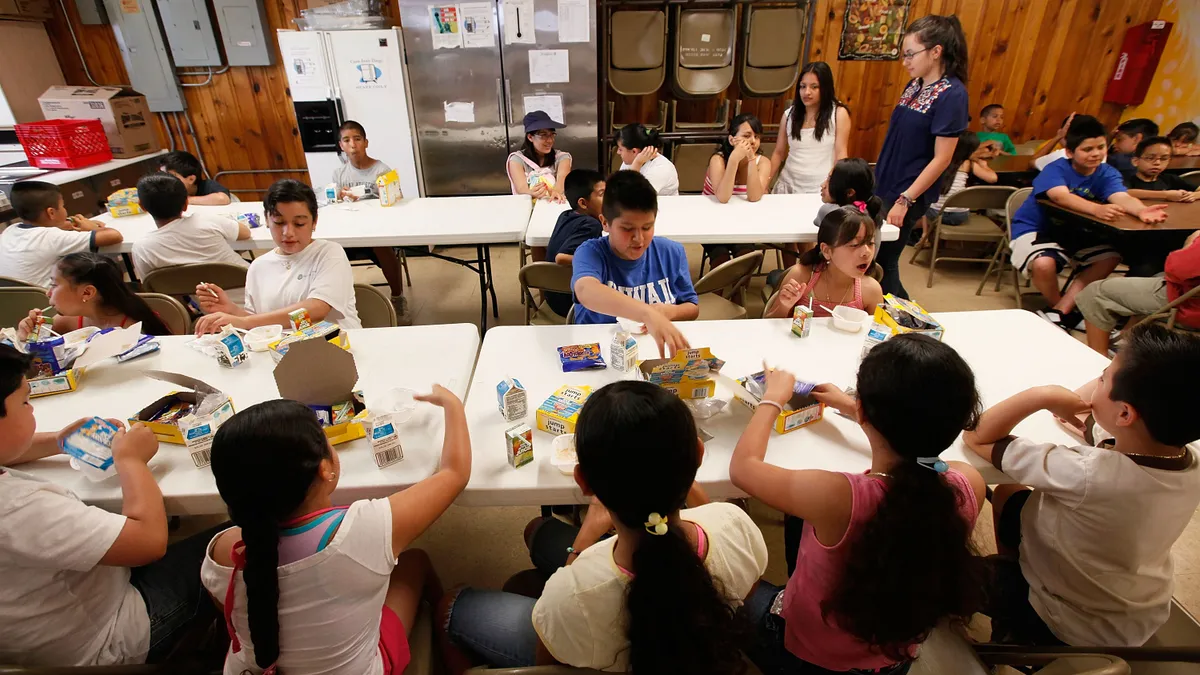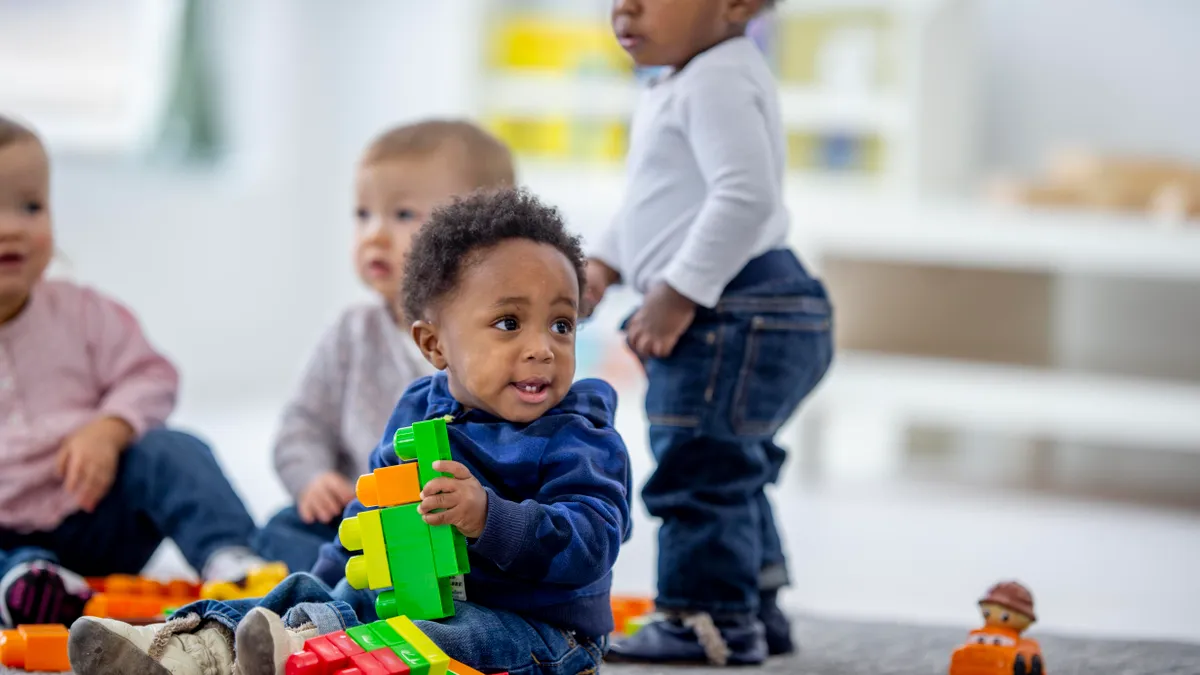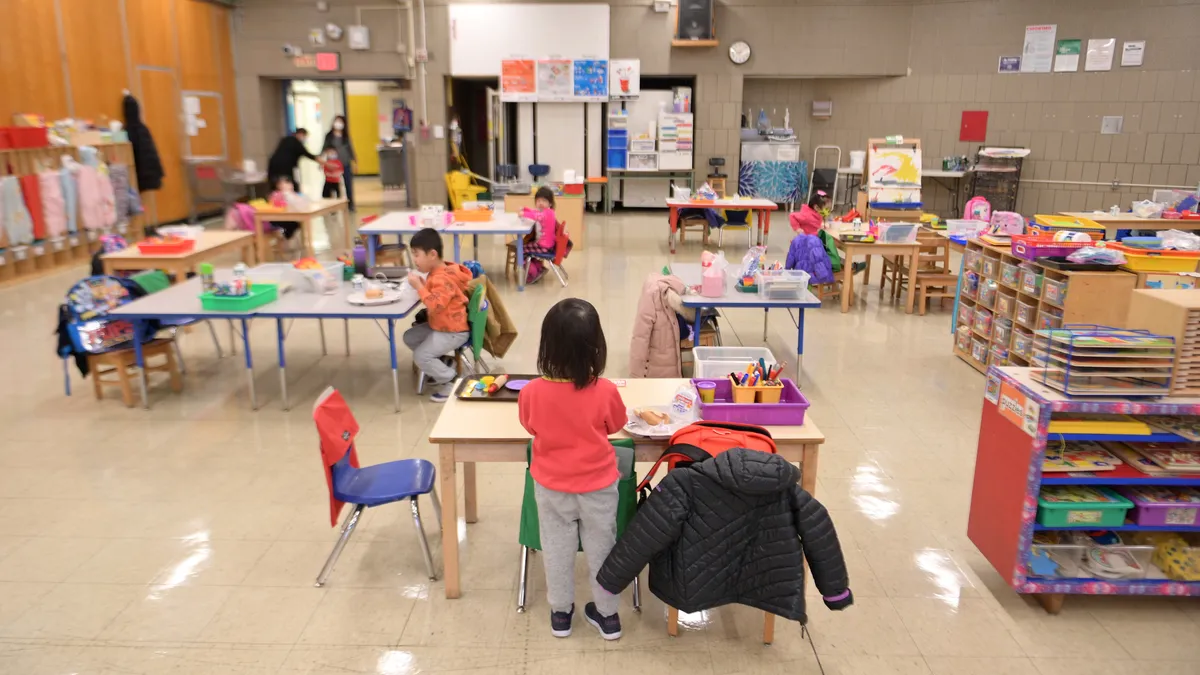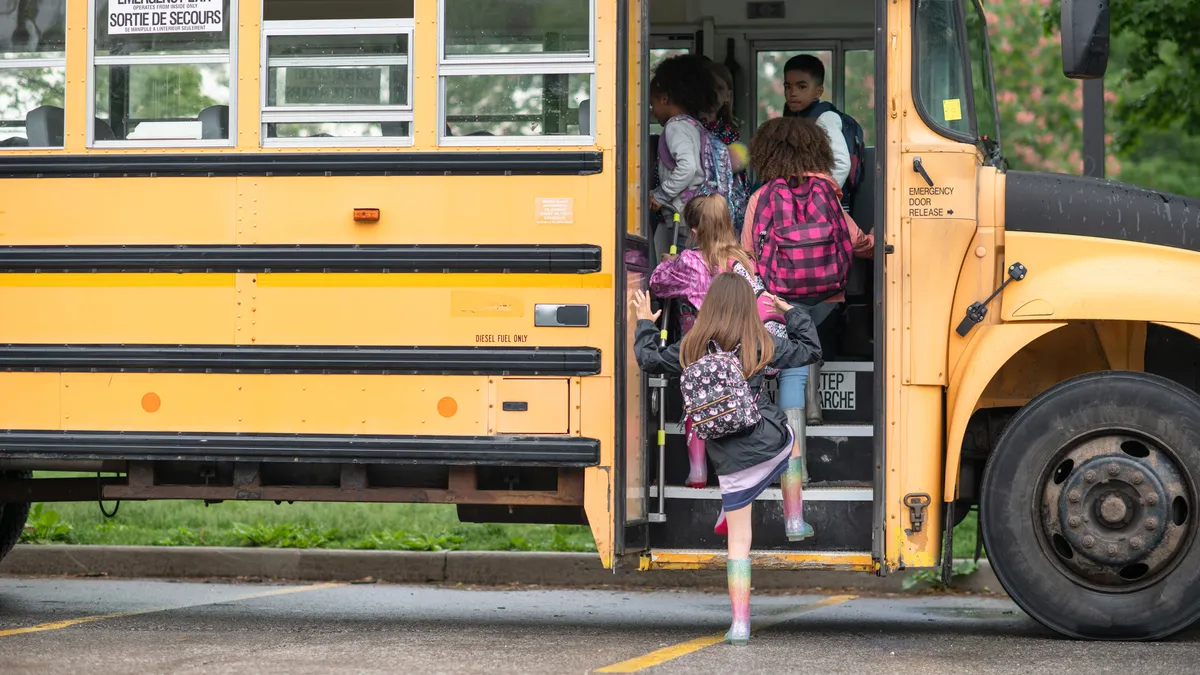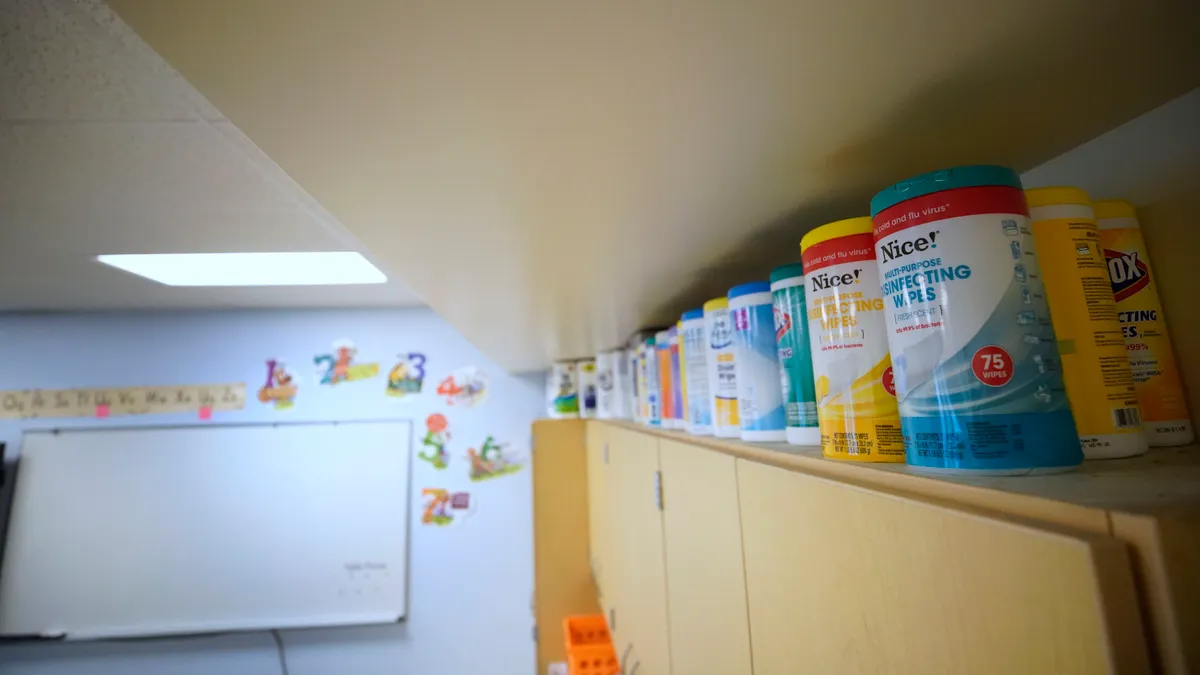The birth rate is continuing to decline in the U.S. due to a host of factors, including the lack of family-friendly policies, according to the 2023 State of Babies Yearbook published by Zero to Three, a nonprofit organization that advocates for babies to have a strong start in life.
Declining birth rates and shifting enrollment patterns are impacting K-12 schools and the funding districts receive based on per-pupil revenues. As a result, some school systems are considering consolidating or closing schools, or have already done so, to adjust to the shrinking school-age population.
Of the infants and toddlers being born, more than half — 52% — are children of color. While this is a source of strength, the yearbook said, it's also an area of concern that an increasing number of babies could be exposed to racism and implicit biases.
Families of babies of color already have concerns about the impact of racism on their young children, with Black parents most worried about their children being treated unfairly by other children, according to the yearbook.
Families of color who are low-income or live in rural areas struggle with access to quality child care that is affordable, as well as access to maternal health services and infant and early childhood mental health supports.
The COVID-19 pandemic is also still impacting families with young children who are experiencing job losses, wage cuts, illness, evictions and other hardships, said Miriam Calderón, chief policy officer at Zero to Three, in the yearbook.
"When these issues occur, there are real consequences for babies’ healthy development and learning," Calderón said. "And as before COVID, these threats more often affect babies of color and those living in poverty, perpetuating inequities that put them at greater risk."
The yearbook also notes areas of progress, including expanded access to healthcare through Medicaid and federal pandemic emergency funding for child care. However, the child care emergency funding ended last month and likely will cause 3.2 million children to be without child care, according to The Century Foundation.
The 2023 yearbook includes national data gathered from Child Trends, a nonprofit research organization, and from the Stanford University Center on Early Childhood’s Rapid Assessment of Pandemic Impact on Development Survey. Survey data in the yearbook was collected from families with babies from January 2022 through April 2023.
Here's a closer look at the yearbook's key statistics:








 Dive Awards
Dive Awards

